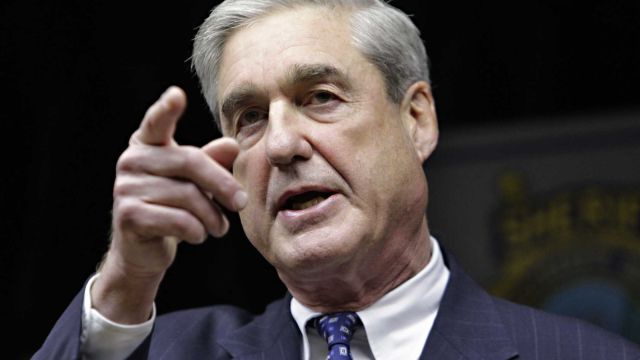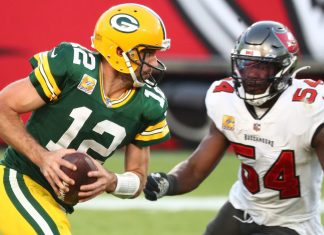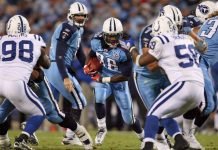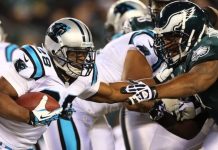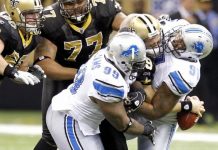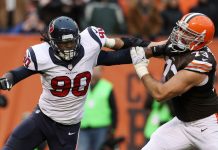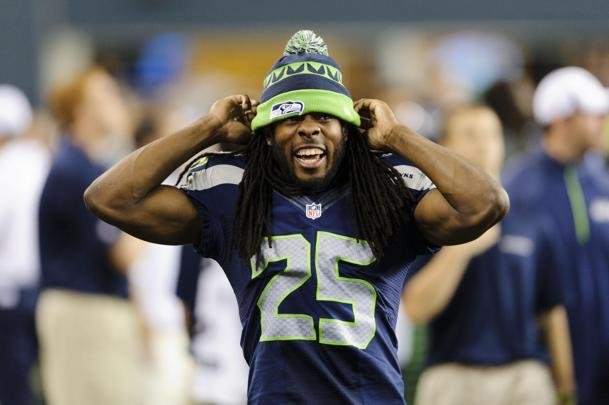NEW YORK (AP) – While many current players are striking the mother lode in free agency this week, nine men who once made their living on the field now work for the NFL.
Their mission? A unanimous response of ”serving the game.”
From Super Bowl winners Merton Hanks, Matt Birk and Roman Oben to veterans Dwight Hollier, Keith Elias, Charles Way, Patrick Kerney and James Thrash, life after football has meant, well, football.
But in an entirely different role and with a more all-encompassing focus than in their playing days.
”Everything has changed so much in and around the league since I retired in 2000,” says former 49ers star Hanks, the NFL’s vice president of football operations. ”I think at the end of the day we are all … charged with the future of the league, the future of the game and how we can contribute to making sure that it’s healthy, it’s whole, and vibrant and growing.”
Adds Matt Birk, a center for 14 seasons who won the Super Bowl with the Ravens in 2012, then retired: ”Whether it’s a consultant for both the NFL and the NFLPA or working full time for the NFL, I get to serve the game, and for me, I believe in the power of football. Football helped make me a better person and I saw firsthand how football brings people together, whether it was in my community growing up or now how I bond with my kids around it. So, for me, it’s being able to serve the game that’s given me so much.”
Each of the nine has varying roles.
Birk is the league’s director of football development and serves as a liaison with youth football and international football groups as well as with players, coaches and front office personnel.
Oben is the director of youth football; Hollier directs transition and clinical services; Way heads the player engagement department – a role current football operations boss Troy Vincent once held; Elias and Thrash are a part of Way’s staff; and Kerney handles player benefits.
Having played in the league is a huge aid as the former players deal with a myriad issues and constituents.
”Interestingly enough, the platform of being a former player helps us in each of our platforms differently,” Elias says. ”In our prep platform, we speak to youth, you get 30 seconds now to get your message out, and if they’re not entertained, they’re going to shut you up, but you at least get that 30 seconds. With our current players, it’s important sometimes that they know you’ve chewed some of the same dirt, you’ve had some of the same experiences. And with our former players, not only did you have the shared playing experience, but then you have the shared transition experience, which is unique.
”It has some unique and challenging obstacles and unless you’ve faced it, unless you’ve walked through it, it’s hard to say `Oh I know how you feel.’ `’
That these men do know how their peers feel is specifically important when players are leaving the field for good.
”That’s been extremely helpful, especially as I’ve had conversations with guys who are in varying levels of transition,” Hollier says. ”Understanding where they’re coming from because I’ve been at that stage at some point.”
His boss, Way, adds that key skills for athletes can also be applied as effectively in another career.
”We use that in this office and in terms of leadership being transferrable, you wake up every day, you prepare, you want to win and you learn from your losses,” he says. ”I think we all share that.”
In some ways, Oben might have the most difficult challenge.
His job is to not only help develop and promote coaching and safety initiatives on the youth level, but to convince parents that football is worthwhile for their children. That means coming up with such programs as Heads Up Football, designed by USA Football, the national governing body of the sport, and embraced by the NFL.
”We are not afraid of failure,” Oben says, adding that he is seeing anything but failure. ”I’m seeing defensive ends and linebackers ease up when they go by a quarterback – in sixth and seventh grade. I’m seeing (kids) help these guys up. I’m seeing parents clap for both teams. I’m seeing emails going out that say, `make sure you encourage the other team and stand up if someone gets injured.’
”I’m seeing that, but I wouldn’t see that unless I saw Jason Pierre-Paul slow up when he’s getting ready to tackle someone. I see that on Saturday afternoons, Friday nights, and you see it on Sundays.”
Actually, Oben and his cohorts are seeing a lot more football now than they did while playing. They’re enjoying the all-encompassing view while attacking the future the same way they confronted opponents on the field.
”I think one of our core values is resiliency,” Way says. ”To a man, to a player, to an executive, you are always going to have some hurdles or obstacles that you are going to have to overcome. But that’s why we study tape. That’s why we accept that criticism, because we know that we are not perfect. But we will get it right the next time.”
—
AP NFL website: www.pro32.ap.org and www.twitter.com/AP-NFL
25% Bonus via Western Union


